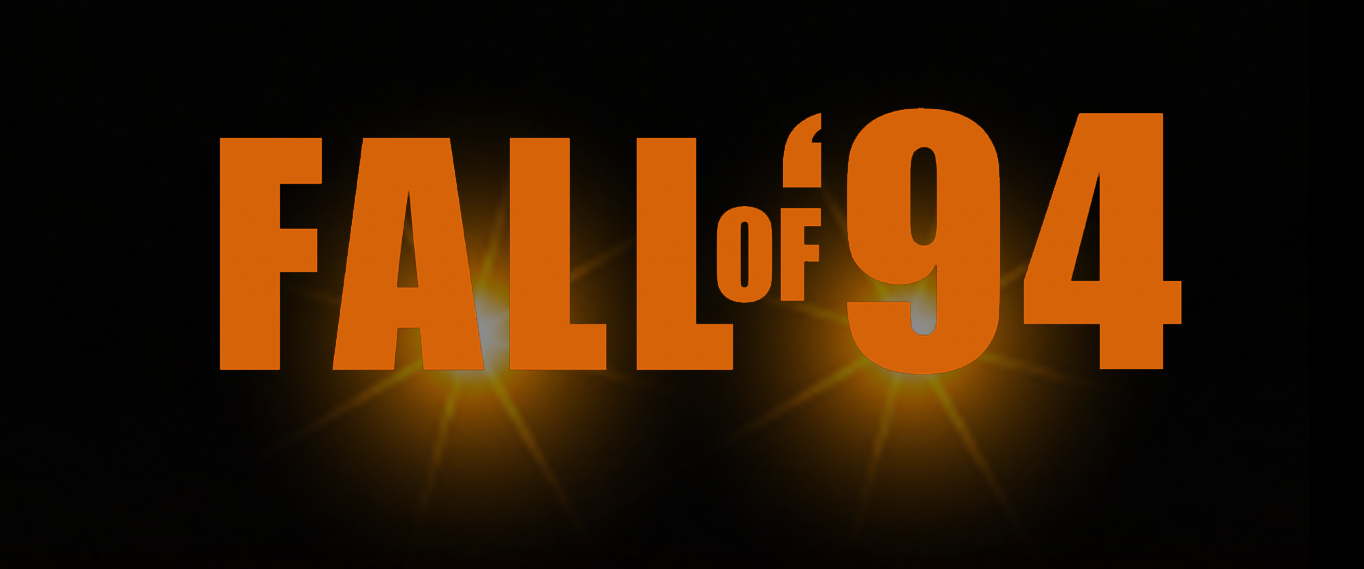ABOUT
A true story
of one of America’s most notorious murders– through the eyes of some redneck kids who lived it.
A nostalgic, irreverently funny, and heartwarming true crime musical, FALL OF ’94 is the very personal coming-of-age story of five twelve year olds in rural Union, South Carolina.
Set in the days that the Susan Smith tragedy was unfolding, the eyes of the world are on their tiny mill town.


The kids focus on perfecting their annual Halloween “spook house”, but all around them, the excitement of a media frenzy is unfolding, bringing the town’s dark secrets to the surface.
…and just beyond their backyard, in John D. Long Lake, lay the answers to the nation’s questions…
Artist's Statement
Ashley Robinson
I grew up in the country. The sticks. The boondocks. No red light from my front porch for 11 miles – that’s the spot where Susan Smith said a black man stole her car and two babies.
Social relevance
Biotry, racism, and the furthur divide run rampent through the United States. Fall of ’94 addresses the social prejudices no less relevent now than in the 90’s.






